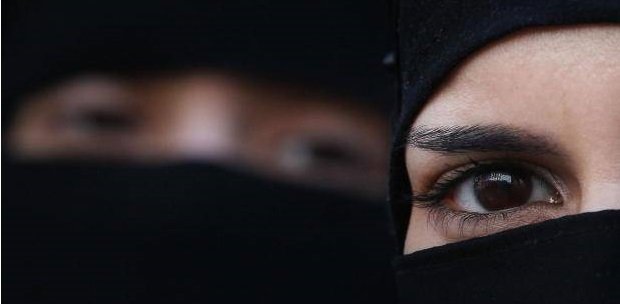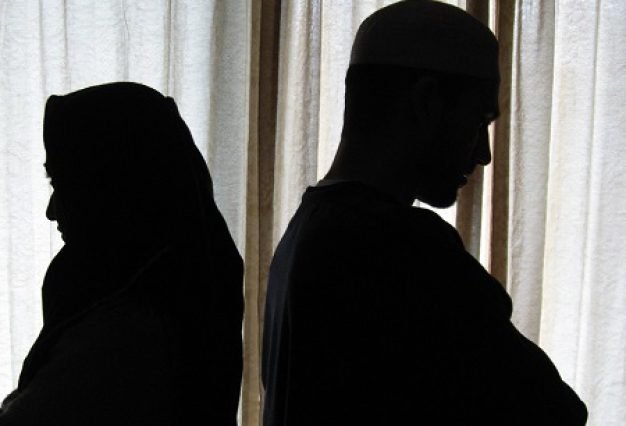Answered by Shaykh Yūsuf Badāt
Question:
My sister’s husband said ṭalāq 3 times in anger. He did this on two occasions a year apart. At that time they had asked about the matter and were told it didn’t count because it needed to be said in front of witnesses and maximum 3 months apart. Now some 10 years and 3 children later her husband has got a conscience and is saying that the ṭalāq did take place on both occasions and the three children are ḥarām (born out of wedlock). He has turned his life around and is a practising Muslim, prays five times has been Ḥajj. He also loves his wife and kids too much to let them go. My sister is extremely depressed her life has been turned upside down as her husband now wants to rectify this in whichever manner that is permissible. Her understanding is she will have to remarry another man, divorce then marry her husband. Please can you shed some light on this matter as its destroying my sister as they both love each other to bits. Are they divorced? What is the solution?
Answer:
Jazāk Allāh Khayr / Thank you for your question.
May Allāh bring peace and harmony in the marriage and family.
In accordance to the Islamic rules, please note that, when a husband divorces his wife, there is no requirement of witnesses, for the divorce to take effect. Also worthy to take into consideration, is that, it is preferred for a husband who intends to divorce his wife multiple times, to separate each divorce, leaving a gap of at least one month before issuing the next divorce, to allow time to reflect on the seriousness of the matter before making a decision to terminate the marriage. However, this is not a condition for the validity of the divorce. If a husband does divorce, multiple utterances of divorce, all at once, in one instance, the divorce will still take effect.
In the scenario described, it is apparent that the religious divorce has occurred.
When three divorces have taken place, the couple is unable to reconcile in the same nikāḥ or marriage contract. In fact, they cannot reconcile unless, the wife is divorced from a new husband and marriage. This is known as Ḥalālah.
“Halālah” means the divorced wife completes her waiting period (`iddah), she then genuinely gets married to another individual and the marriage is consummated. Thereafter he divorces her or passes away and she undergoes another waiting period (`iddah). It is following this waiting period that the option of going back to the first husband is allowed. Allāh has stated,
“And if he has divorced her (for the third time), then she is not lawful to him afterward until (after) she marries a husband other than him. And if the latter husband divorces her (or dies), there is no blame upon the woman and her former husband for returning to each other if they think that they can keep (within) the limits of Allāh. These are the limits of Allāh, which He makes clear to a people who know.” (Qurʿān 2:230)
‘A’isha (ra), reported, “Rifā`a Al Quradhī’s wife came to the Prophet (peace and blessings upon him) and explained, “I used to be with Rifā`a however he divorced me and made my divorce irrevocable. I later got married to `Abdur Raḥman ibn Al Zubayr, however what he has with him resembles the border of a garment.” (She was accusing him of being impotent). The Prophet asked, “Do you wish to return to Rifā`a? That is not possible until you taste his honey and he tastes your honey (i.e. your marriage with `Abdur Rahman ibn Al Zubayr is consummated).” (Bukhārī)
I pray for a positive outcome for all involved.
And Allāh knows best.




